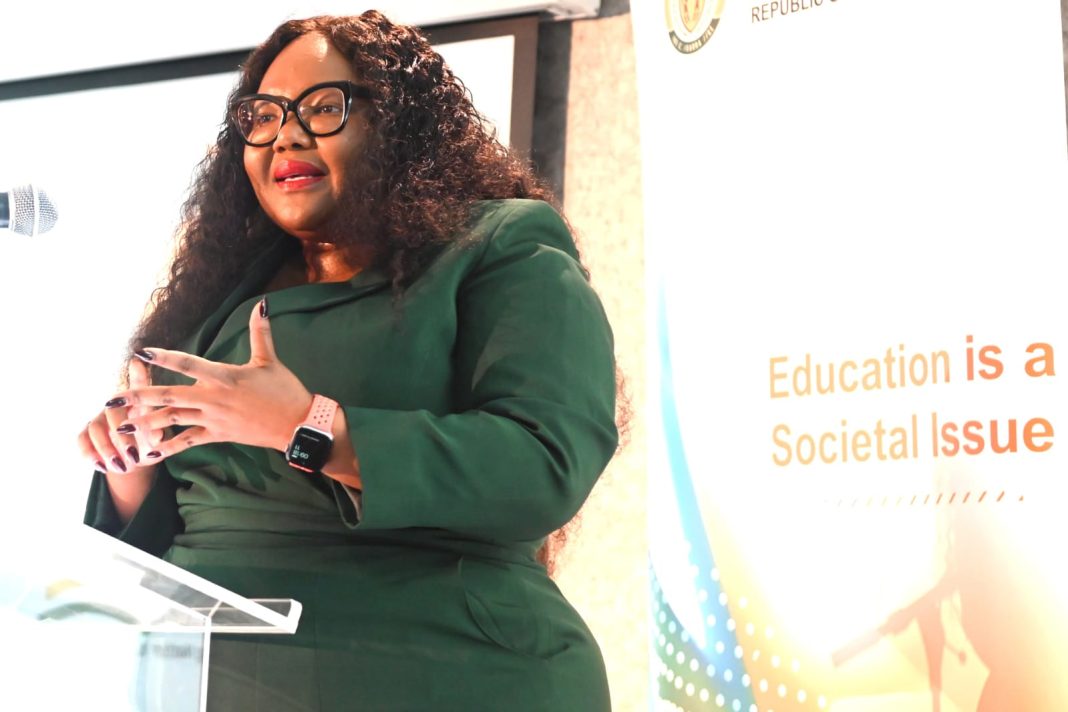By Simon Nare
The government has called on business to join it in strengthening the education system to align with the country’s economic needs by building public-private partnerships.
Basic Education Minister Siviwe Gwarube held her first meeting with the business sector in Johannesburg on Monday. She told around 100 businesspeople that partnerships were vital because the private sector had a deep understanding of the skills needed to drive economic growth.
“…the private sector has a vital role to play, both as an investor in education and as a partner in curriculum development, training and skills-building programmes. The private sector has a deep understanding of the skills needed to drive productivity, competitiveness, and economic growth,” the minister said.
“This partnership between the education sector and industry can create a seamless pipeline from learning to employment, where young people not only receive quality education, but also develop skills that make them employable, productive and ready to lead.”
Gwarube said businesses have the potential to have an enormous impact on both the South African and African education landscapes, especially because more private sector entities are involved in education initiatives. These include investing in infrastructure, providing technological assistance, supporting teacher training and partnering with institutions to design relevant, future-oriented curriculums.
The minister said these initiatives were crucial, especially in resource-constrained settings, where government funding alone did not meet the education needs of the growing population.
Gwarube pointed out that improving education outcomes was one of the priorities of the Government of National Unity, but that the government recognised that it could not succeed alone.
“We need your input, your insights and your innovation to help shape our education system in a way that prepares learners for real-world challenges and opportunities,” she said.
With this in mind, the minister undertook to facilitate, support and collaborate with the private sector to co-create programmes that build the skills needed for a competitive and productive economy.
“A step-change investment in education means more than just financial support – it means active participation,” Gwarube told businesspeople.
“Quality education is the foundation upon which we can build a prosperous future. It is the tool that will empower our young people to innovate, to lead and to contribute meaningfully to their communities and economies.”
At the meeting, businesses committed to working with the government and the minister undertook to ensure the partnerships flourished.
“I pledge that we, as the Department of Basic Education, will be open, we will be responsive, and committed to working with each of you to advance our shared goals.”
INSIDE EDUCATION







